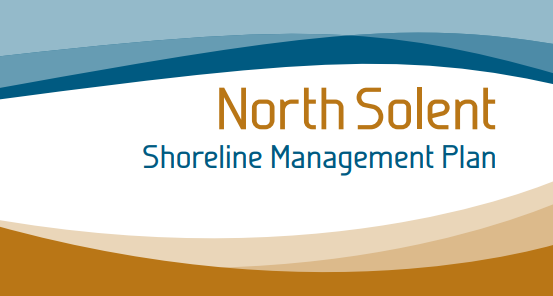Stakeholder Engagement Methods
There is no universally appropriate way to undertake the consultation on the draft SMP. It is a decision for the Client Steering Group to balance the likely costs and benefits of the various approaches. Methods of stakeholder engagement include:
Methodology | Comments |
Invitation Letters | Useful in early stages of consultation to provide information regarding the process and disseminate instructions on how to respond/get involved. |
Questionnaires and Surveys | Structured way of obtaining basic information which can be easily analysed statistically. |
Exhibitions and Road Shows | Useful way of presenting basic information and options to the public, especially local communities. Able to reach large numbers of people if well advertised. Allows face to face feedback of information. |
Public Meetings | Enable presentation of basic information to the general public. Allow large numbers of people to be involved in some limited discussion. Need to be carefully managed to ensure all views are heard. Cheaper than exhibitions and road shows. |
Use of the full range of the media | Engages large numbers of the population, through television, newspapers and radio. Useful at reaching those who may be more difficult to involve. Internet, websites, online questionnaires, chat rooms and notice boards have become increasingly popular ways of providing information and seeking feedback. Media can be used throughout process. |
Structured Interviews | Useful for obtaining specific information and attitudes from wider stakeholders in the early stages of the SMP. |
Semi-Structured Interviews | Useful in exploring more complex issues from key stakeholders later in the SMP process. The more open questions together with some structure allow a compromise between a thorough exploration of the issues and ease of analysis of responses. |
Forums | Flexible in terms of representation, size, outcome and timing. Allows open discussion. |
Focus Groups | Involves small groups (6-12) of people, which are asked questions by an experienced facilitator. Allows facilitator to probe emerging issues. It is resource intensive and may be more appropriately used later in the process. |
Advisory Committee | Representative group of stakeholders, which can meet regularly throughout the SMP process to provide advice. |
Workshop | Structured group discussions designed to solve problems and identify ways forward. Useful in bringing different groups of experts together and require experienced facilitators as well as careful explanation to the attendees. |
Round Table Discussions | Facilitated debates between groups with different views with the aim of reaching consensus. Useful for engaging specialist interest and single-issue groups. |




